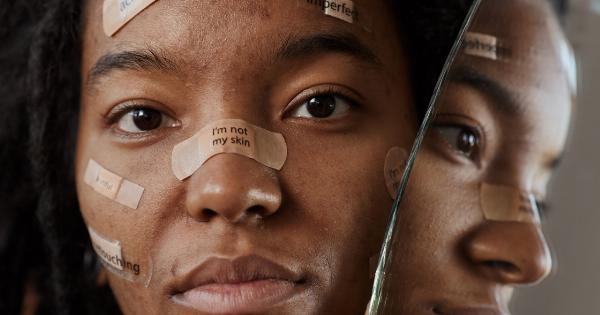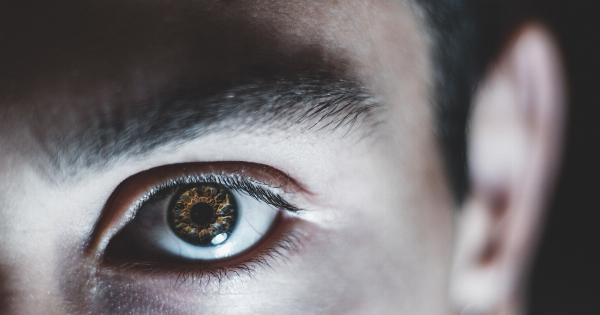Acne is a common skin condition that affects many individuals of all ages. It occurs when hair follicles become clogged with oil and dead skin cells, leading to the formation of pimples, blackheads, and whiteheads.
Several factors contribute to the development of acne, including hormonal changes, genetics, stress, diet, and certain medications.
The Importance of Skincare
Proper skincare is essential for combatting acne and maintaining healthy skin. Cleansing the face twice a day with a gentle cleanser can help remove excess oil and prevent the buildup of bacteria.
It is important to avoid harsh scrubbing, as this can irritate the skin and worsen acne. Using non-comedogenic moisturizers and avoiding heavy cosmetics can also help prevent clogged pores.
Diet and Acne: Myths and Facts
There is ongoing debate about the impact of diet on acne. While some studies suggest that certain foods, such as chocolate, greasy foods, and dairy products, may contribute to acne breakouts, others have not found a clear link.
It is important to listen to your body and pay attention to any changes in your skin after consuming specific foods. Maintaining a balanced diet rich in fruits, vegetables, and whole grains is generally recommended for overall skin health.
Over-the-Counter Acne Treatments
Over-the-counter (OTC) acne treatments are a popular choice for many individuals. These products often contain ingredients such as benzoyl peroxide, salicylic acid, or sulfur, which help to unclog pores and reduce inflammation.
It is important to follow the instructions provided and gradually introduce new products to avoid skin irritation.
Prescription Treatments for Severe Acne
In cases of severe acne that do not respond to OTC treatments, dermatologists may prescribe stronger medications. These may include topical retinoids, antibiotics, or oral medications such as isotretinoin.
It is important to consult a healthcare professional before starting any prescription treatments, as they can have potential side effects.
Medical Procedures for Acne Scarring
Acne can leave behind scars that can be both physically and emotionally distressing. Fortunately, there are several medical procedures available to help reduce the appearance of acne scars.
These include chemical peels, microdermabrasion, laser therapy, dermal fillers, and microneedling. The choice of procedure depends on the severity of the scarring and individual preferences.
Alternative Approaches to Acne Treatment
In addition to conventional treatments, some individuals opt for alternative approaches to combat acne. These may include herbal remedies, acupuncture, dietary supplements, and stress-reduction techniques.
While these methods may provide some relief for certain individuals, it is important to consult a healthcare professional before trying any alternative treatments to ensure their safety and effectiveness.
Preventing Acne Breakouts
Prevention is key when it comes to managing acne. Here are some strategies to help prevent breakouts:.
- Wash your face twice daily.
- Avoid touching your face excessively.
- Use oil-free cosmetics and skincare products.
- Avoid excessive sun exposure.
- Eat a balanced diet and stay hydrated.
- Manage stress through relaxation techniques.
Caring for Acne-Prone Skin
Individuals with acne-prone skin should take extra care to maintain a consistent skincare routine. It is important to avoid picking or popping pimples, as this can lead to further inflammation and scarring.
Using gentle, non-comedogenic products and avoiding excessive exfoliation can help keep the skin balanced and reduce the risk of breakouts.
When to Seek Professional Help
If acne persists despite following a consistent skincare routine and trying various treatments, it may be time to seek professional help from a dermatologist.
They can assess the severity of the acne, determine the underlying causes, and recommend appropriate treatments. Additionally, if acne is causing significant emotional distress or leaving behind severe scarring, professional guidance is highly recommended.



























